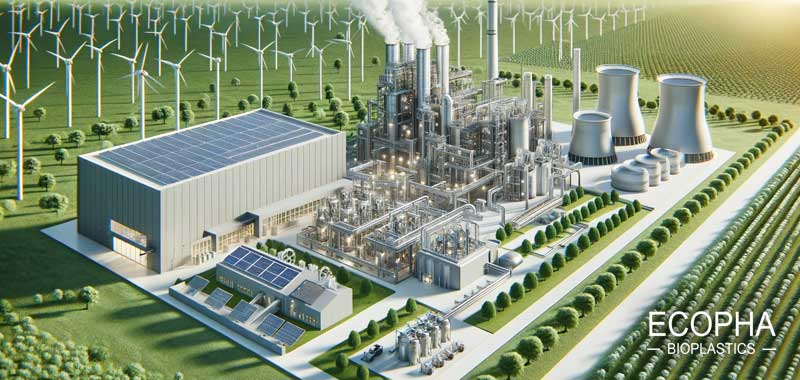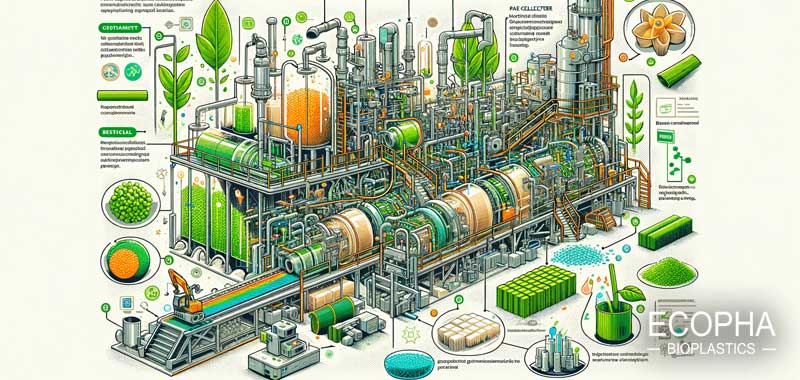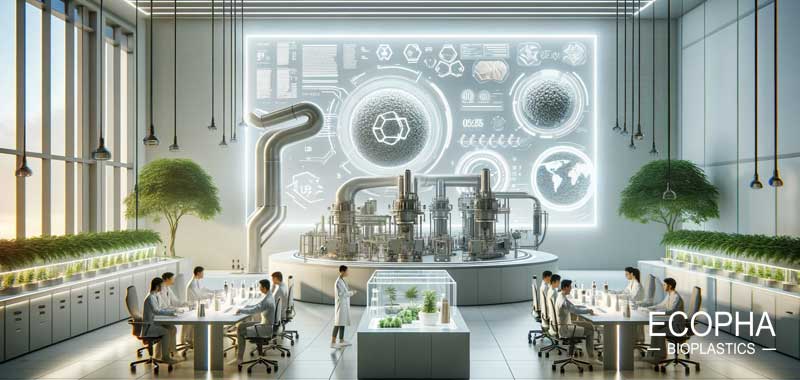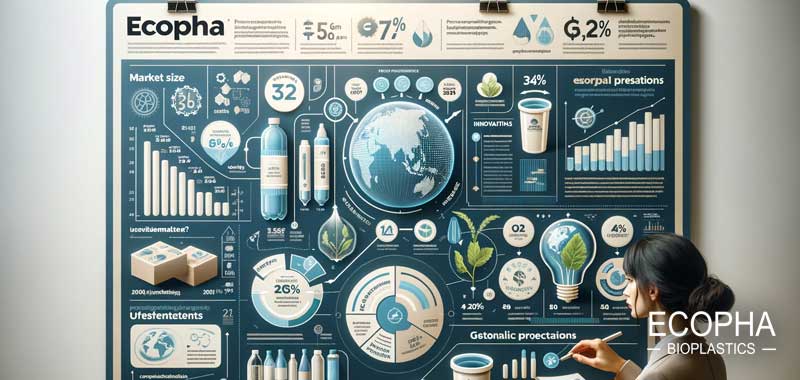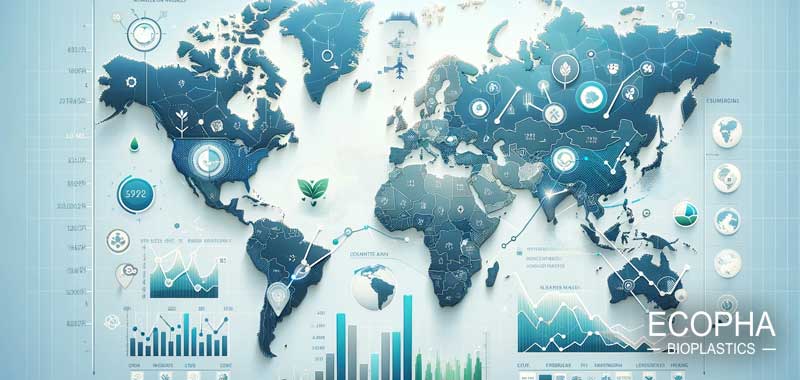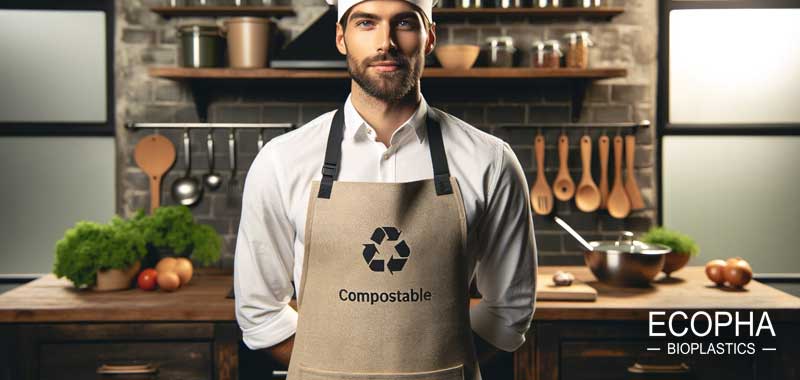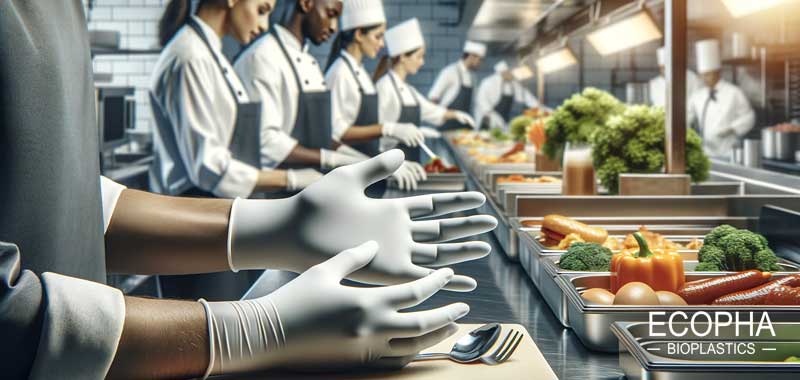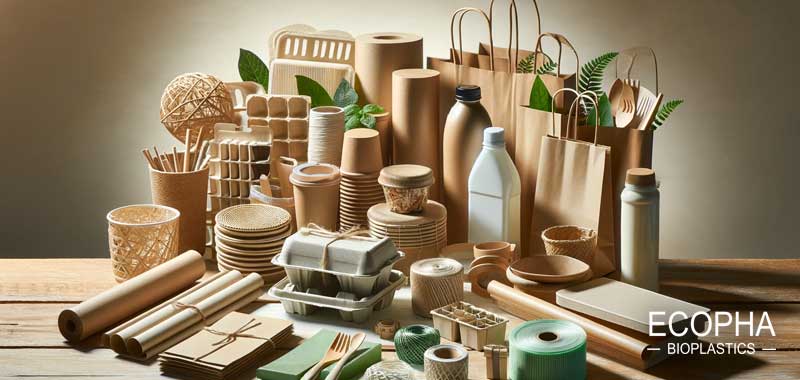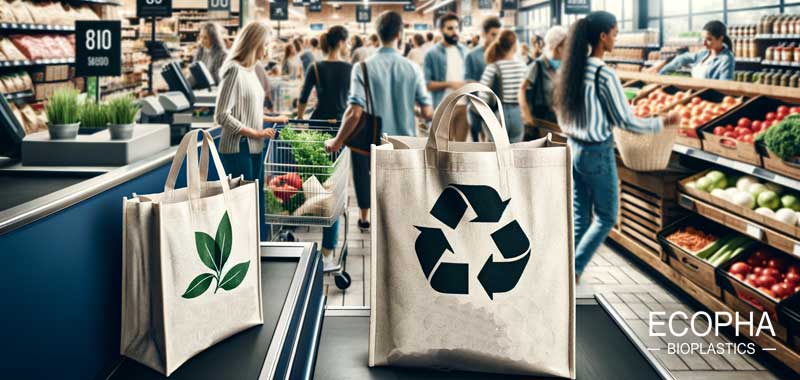Crafting the Future: The Technology Behind Bioplastic Production
Ecopha's dedicated section on the technology in bioplastic production offers an insightful look into the advanced methods transforming sustainable materials into reality.
Ecopha’s Technology in Bioplastic Production' delves into the heart of our innovative processes, providing a thorough understanding of the technologies that drive the sustainable production of bioplastics. This informative section is crafted to enlighten visitors on the sophisticated methodologies and cutting-edge technologies employed in creating bioplastics.
Here, we uncover the intricate processes involved in converting renewable resources like corn, sugarcane, and cellulose into bioplastics. The focus is on the integration of biochemistry, material science, and environmental engineering to produce materials that are not only eco-friendly but also highly functional and versatile.
Store events
Features Highlight
Cutting-Edge Production Techniques, Sustainable Manufacturing Processes
Overview
Exploring Advanced Technologies in Bioplastic Manufacturing
Advantages & Benefits
Reduced Environmental Impact, Innovative and Efficient Production
From fermentation and polymerization to the refinement and molding of final products, this page articulates how each stage of production is optimized for efficiency and sustainability. We highlight the balance between technological advancement and environmental responsibility, showcasing Ecopha’s role in leading the bioplastics industry towards a more sustainable future.
FAQs
What technologies are involved in bioplastic production?
Bioplastic production involves various techniques like fermentation, polymerization, and eco-friendly refining processes.
How do these technologies impact the environment?
They enable the production of sustainable materials while minimizing ecological footprints.
What makes Ecopha's production technology unique?
Our focus on innovation and sustainability sets us apart in the bioplastic industry.


